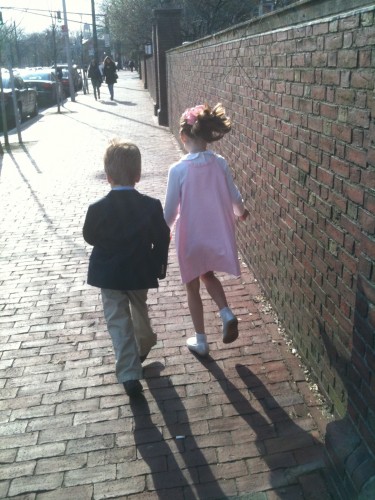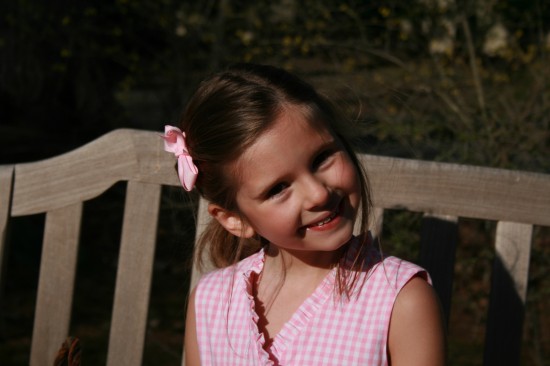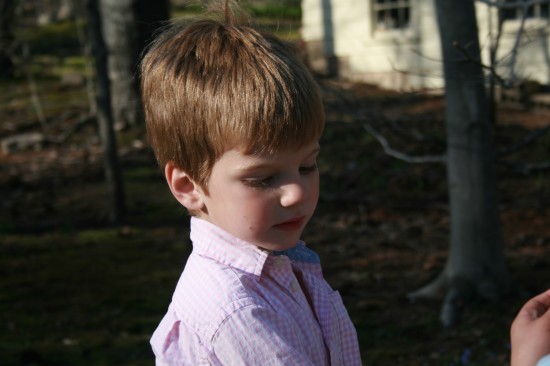I wrote last week about the physical things I carry with me, in my bag, and I enjoyed reading many of my favorite bloggers as they too spilled the contents of their bags. For the last couple of days, though, I’ve been thinking about the other things that are always with me, in my head and in my heart. Sometimes these things, abstract as they are, feel as awkward and heavy to carry as any physical bag.
I carry people. My closest friends and family travel alongside me everywhere I go, floating into my mind’s eye at various times. Places, sounds, smells remind me of times shared with those dear and, actually, occasionally, those not. Sometimes an old friend, long lost, will rise to the surface of my thoughts like a piece of something buoyant bobbing up, and I wonder what hidden disturbance dislodged thoughts of that person from their deep resting place in my memory. There are a few close people who are with me all the time, whose voices I hear in my head, whose wisdom and input guide me every day.
I carry words. Snippets of poems from poets old and new (Wordsworth, Keats, Olds, Oliver, Sexton, Rich are some of the most familiar) run through my mind at seemingly random moments. I know, of course, that there is nothing random about why certain words rise to mind at certain times, and I try to pay heed to the messages that they carry. Song lyrics, passages from books, quotes that I know by heart. All of these words accompany me, a private soundtrack, a story narrated by my subconscious.
I carry my demons. These fears meet me every single day, jumping out at me unanticipated from corners I didn’t even know were there. I am learning to bear their visits, to let them wash over me without reacting too much, trusting that they will end. This, the not reacting, is my primary challenge. My insecurities, often so toxic, show a tenacious stubbornness, clinging to the surface of my identity like barnacles.
I carry my supporters. Their words go directly to war with those of the demons, and who wins changes daily. There are a handful of people throughout my life who have seen value and substance inside of me, and this steady belief, when I let myself trust it, sustains me. Some of these supporters are from long ago, teachers or friends, and some are much newer members of my life, of my tribe; it is impossible for me to express my gratitude for these kind and generous voices, who often form a bulwark that protects me up against the fears and doubts that often threaten to engulf me.
I carry all of these things with me every day, in my soul, in my heart, in my head. The voices and influences rise and fall depending on the day, the hour, the moment. Many of them are consistent, expected, anticipated – certain memories are triggered by predictable sights, smells, sounds. At other times, I am surprised by what or who sweeps to the forefront of my consciousness. I strive only to remain open to these voices, these people, these memories, these friends, to honor their coming and to receive gratefully to their influence.



 I don’t have much in the way of words today, feeling heavy-hearted and wistful as I do, and so I am even more grateful than usual to read
I don’t have much in the way of words today, feeling heavy-hearted and wistful as I do, and so I am even more grateful than usual to read